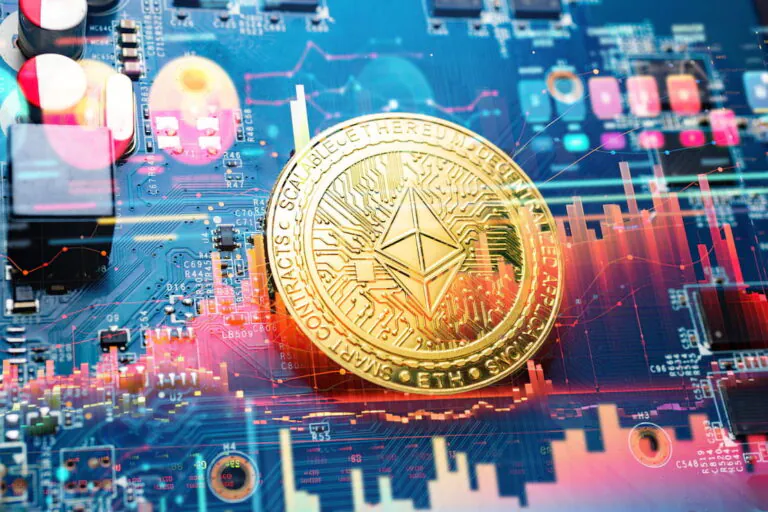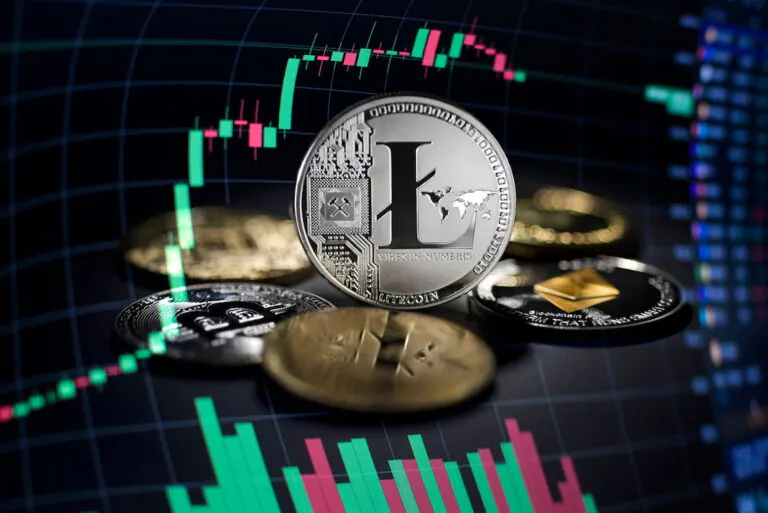The Ethereum blockchain is a distributed ledger system designed to create decentralized applications. One of its main goals was to facilitate money transfers and get rid of intermediaries during transactions in global financial systems. One of the cofounders of Ethereum is Anthony Di Iorio.

Updated draft law “On virtual assets”. Criticism from the financial leadership of Ukraine
The Verkhovna Rada of Ukraine on its website published an improved law “On Virtual Assets”, which was adopted in December 2020.
Virtual assets are coded information that has a value. That is, it is digital money, which can perform all the functions, as in life, only on digital platforms. The draft law "On virtual assets" considers digital money as intangible goods that have their own value and are a means of cash circulation in the country. Since Ukraine has great potential in the international digital economy, the adoption of this law should contribute to the legalization of bitcoin in Ukraine. There should be transparency in the work between state banks and blockchain companies. To attract foreign investment to Ukraine, as well as the work of foreign crypto companies, cooperation will be encouraged by eliminating legal risks.
According to the law, measures should be taken in Ukraine to regulate digital money and assets, as follows:
- Cryptocurrency must be legally registered;
- The Ministry of Digital Transformation will be the main regulator of cryptocurrencies, and the National Bank and the National Commission will be authorized to carry out additional work related to securities;
- To legally provide cryptocurrency services, providers will have to register with special government agencies for the regulation of digital assets;
- Companies will be allowed to legally register a blockchain business in accordance with the state registry;
- Cryptocurrency exchangers and exchanges will work only with special permission from the authorities, which will be valid for a year if there are no violations from the services;
- Users, without fail, will have to go through the KYC verification process;
- Trading platforms that do not provide for KYC verification of the client will have to perform it in accordance with the law;
- Inclusion of new FATF technologies in the draft law;
- The draft law prohibits cooperation with citizens or legally registered persons of the Russian Federation on the territory of Ukraine.
The main regulators of the digital money market in Ukraine are: the Ministry of Digital Transformation, the National Bank and the National Commission. They expressed their dissatisfaction and criticism about the updating of this draft law
The National Bank stated that there are huge gaps in the law, many mistakes and lack of specificity, which will lead to confusion as a result. Since, digital money, in accordance with previous laws, was not a means of payment in the country. But, at the same time, the update of this bill states that there is no ban on any transactions, services and work with digital money, as such. The National Bank fears that such inconsistencies may lead to a shadow payment system that will not be controlled by the Bank itself.
The National Commission noted that the new draft law does not have a clear division of powers between the Ministry of Digital Transformation, the National Bank and the National Commission, and there is no mechanism for influence and coordination in the field of digital assets. The law does not contain the key concept of “circulation of digital assets”, which is fundamental and quite often used in the text itself. Also, the typology of digital assets is not in accordance with the “international practices of the European Union”. The Law on Virtual Assets mentions the important role of investors, but there is no question of their protection and counteraction to fraudsters.
There were also comments from lawyers who focused on terminology and definitions. The Draft Law "On Virtual Assets" considers digital money as intangible goods that have their own value and are a means of cash circulation in the country. Lawyers noted that the expression "are a means of circulation in the country" is not entirely true, since the law does not have a clear wording "means of circulation in the country." Lawyers of the Verkhovna Rada did not like the fact that exchangers and cryptocurrency exchanges would work only with special permission, not a license.
As a result, it was decided to send the draft law "On virtual assets" for revision. It was decided to revise the law on July 13, 2021 at the plenary session of the Verkhovna Rada of Ukraine.
Start your crypto exchange with Coin24

Exchange BTC, ETH, USDT and more — cash or card

Secure and fast crypto exchange since 2018



